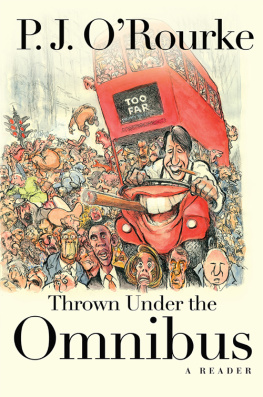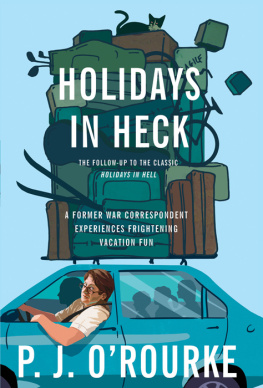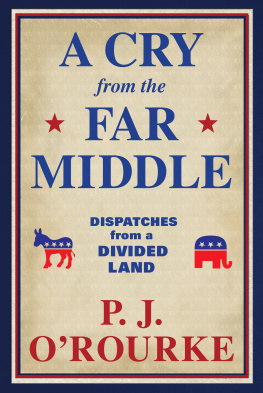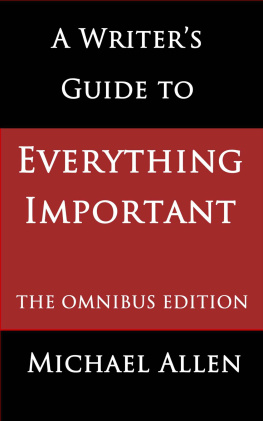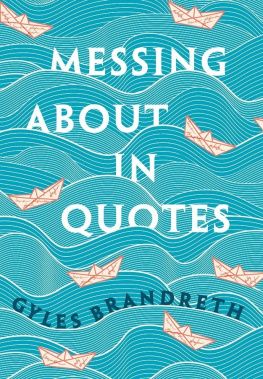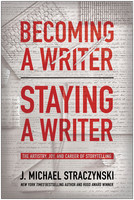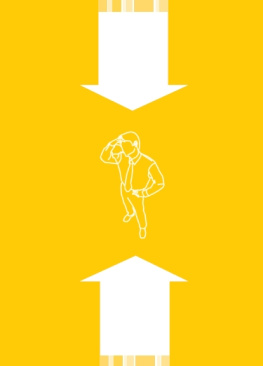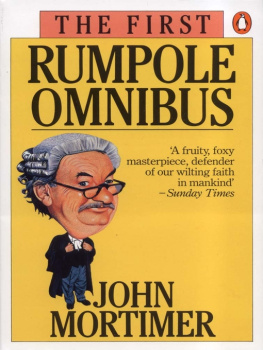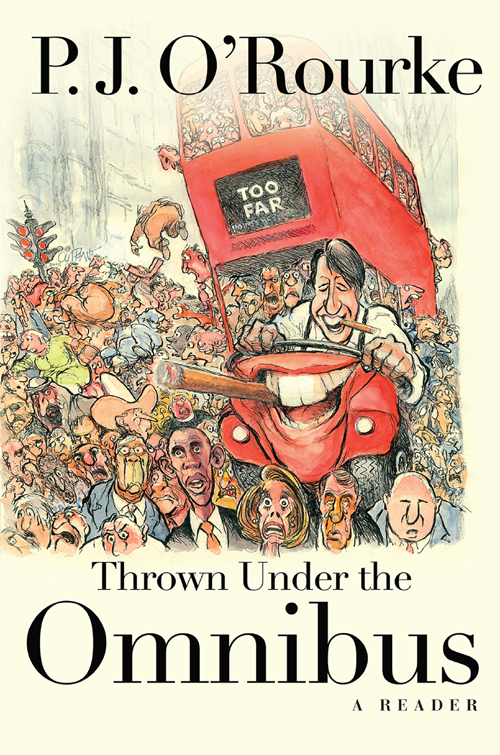THROWN
UNDER THE
OMNIBUS
A Reader
P. J. ORourke

Copyright 2015 by P. J. ORourke
Jacket illustration by Patrick Oliphant
Jacket design by Marc Cohen/mjcdesign
Author photograph by James Kegley
All rights reserved. No part of this book may be reproduced in any form or by any electronic or mechanical means, including information storage and retrieval systems, without permission in writing from the publisher, except by a reviewer, who may quote brief passages in a review. Scanning, uploading, and electronic distribution of this book or the facilitation of such without the permission of the publisher is prohibited. Please purchase only authorized electronic editions, and do not participate in or encourage electronic piracy of copyrighted materials. Your support of the authors rights is appreciated. Any member of educational institutions wishing to photocopy part or all of the work for classroom use, or anthology, should send inquiries to Grove Atlantic, 154 West 14th Street, New York, NY 10011
or .
Published simultaneously in Canada
Printed in the United States of America
FIRST EDITION
ISBN 978-0-8021-2366-4
eISBN 978-0-8021-9140-3
Atlantic Monthly Press
an imprint of Grove Atlantic
154 West 14th Street
New York, NY 10011
Distributed by Publishers Group West
groveatlantic.com
15 16 17 18 19 10 9 8 7 6 5 4 3 2 1
To Tina
For the daughters, the son, the moon, and the stars
And malt does more than Milton can
To justify Gods way to man.
A. E. Housman
T heres a long-term problem with being a writer, and the problem is all the things that, over the long term, Ive written. How would you like to have the twaddle and blather you talked forty years ago preserved in detail, set down in black and white, and still extant someplace?
I once had hope that the fashion for recycling would rid me of my printed past. But what artisanhowever modest his artcan bear to think that his lifes work amounts to no more than the one-one hundredth part of the local Boy Scout paper drive? So theres still a heap of it in an attic closet.
Then came digitization, when everything one has ever written or said or, for all I know, thought is embalmed and heaped in the infinite attic closet of the Internet.
Sooner or later somebody will discover those closets and these skeletons. I might as well publish them myself. Also, Im being paid for it. The business of trading embarrassment for something of value is an ancient custom, dating back to the murky beginnings of The Oprah Winfrey Show.
Examining my musty work I see evidence that I was once younger than anyone ever has been. And on drugs. At least I hope I was on drugs. Id hate to think that these were my sober and well-considered thoughts. It is, I guess, interesting to watch the leftist grub weaving itself into the pupa of satire and then emerging a resplendent conservative blowfly. Also interesting is the career arc. I start out making cruel fun of a second-rate American president and wind up making cruel fun of a second-rate American president.
And that is all the interest I can summon. I wonder how many people in the so-called creative fields stand before their accumulated professional efforts and think that the thing theyve been doing for the past four decades is a thing for which they have no particular talent. Not enough, to judge by the too copious output of various mature painters, poets, and architects. Hardly ever do we hear these people exclaim, My pictures dont look like anything, My poems dont rhyme, or This isnt a building, its the box a building comes in.
Fortunately, I discovered journalism. Talent hasnt been a question since. But I didnt mean to be a journalist. I meant to be a genius. I was going to produce an oeuvre so brilliant, important, and deep that no one would ever understand it. Pooh on Finnegans Wake. riverrun, past Eve and Adams, from swerve of shore to bend of bay, brings us by a commodius vicus of recirculation back to Howth Castle and Environs Anybody can read that. Heres a line from a play I wrote in 1968: vIvAvIvAvIvA vIvAvIvAvIvA vIvAvIvAvIvA.
Unfortunately I didnt have the knack for literature. It seemed that a certain number of English professors had to have written brilliant, important, and deep PhD dissertations on how no one would ever understand you. Also, it helped to be dead.
To tell the truth, I didnt even mean to be a writer. I meant to be a race-car driver, except I didnt have a race car. Or I meant to be a rock star, except I couldnt sing or play an instrument. (I know, I know, there are so many who never let that stop them, but I was naive.) Or I meant to be a soldier of fortune except the entry-level job in that field was a stint in Vietnam and, jeez, they were actually shooting at you over there. What I meant not to be was just a college student. How bourgeois. I did spend the summer of 1966 working as a railroad brakeman, and that seemed to me to be the coolest job that a fellow who knew all the verses to If I Had a Hammer could possibly have. I wanted to quit college and stay a brakeman forever, but (this never seemed to happen to Neal Cassady) my mother wouldnt let me.
So I had to find something I could be while also being a college student and something that didnt require expensive equipment, difficult skills, or courage under fire. Writing was the obvious choice.

